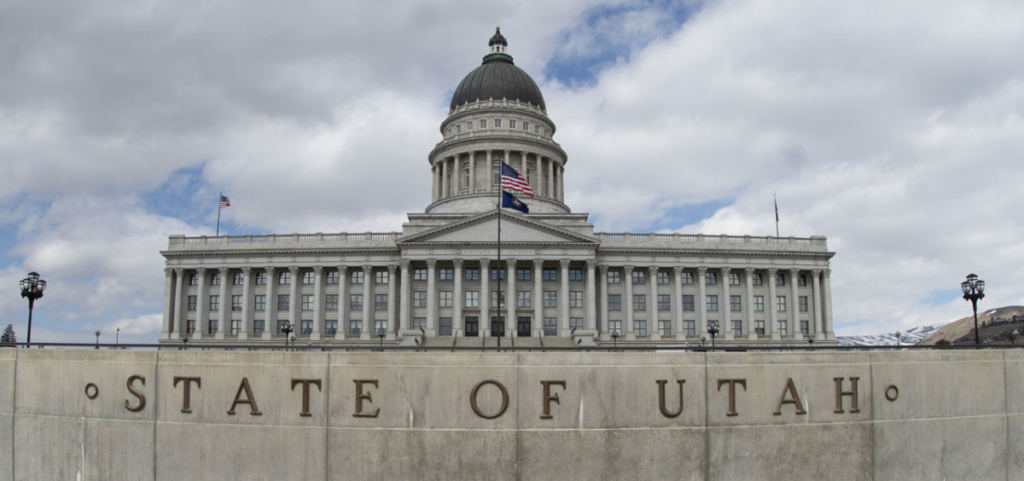January 17-20, 2023
Higher Education Appropriations Subcommittee
It is early in the 2023 General Session, and the focus and activity center primarily around the Higher Education Appropriations Subcommittee (HEAS) hearings. There was very little activity regarding legislation this week, though that will change in the coming days.
In its first hearing, HEAS reviewed presentations on the Board’s strategic plan, System enrollment and completion, institutional roles and missions, Custom Fit, performance funding, and capital development.
HEAS also heard the Board’s 2023-34 Budget Request. Below are the details regarding this request:
- Compensation and mandatory increases on par with state entities
- Including funding spread exceptions for fee-supported staff and potential tuition freeze exceptions
- Technical education institution priorities
- $10,019,600 for technical program growth and capacity
- $3,000,000 for technical education equipment
- $500,000 for Custom Fit
- Degree-granting institution priorities
- $40,000,000 for performance funding institutional priorities
- $3,000,000 for degree-granting equipment
- $3,941,000 for growth funding
- Systemwide priorities
- $2,400,000 for cybersecurity
- $2,025,000 ($1,675,000 OG & $350,000 1x) for student mental health
- $975,000 for student wellness resource navigators
- $850,000 for technical education in degree-granting administration
- Operations and maintenance for state-funded buildings approved in the 2022 General Session
Legislation of Interest
Higher Education Amendments (bill not yet numbered or introduced) by Sen. Millner — Amends various aspects of higher education governance, including Board of Higher Education membership, board authorities and responsibilities, and technical amendments.
HB 109 – Veteran Dependent Tuition Amendments by Rep. Musselman — Provides the conditions under which a state institution of higher education is required to waive undergraduate tuition for the dependent of a disabled veteran.
HB 197 – Higher Education Financial Amendments by Rep. Ballard — Allows a president of a state institution of higher education to waive tuition for students who are members of certain tribes; extends the length of eligibility for promise grants; allows the Utah Board of Higher Education to name a promise partner grant after a business that has funded the grant; extends promise partner grants to dependents of promise partner employees; allows Veterans Tuition Gap Program funds to be applied to education-related supplies and housing allowances.
HB 203 – Inmate Education Amendments by Rep. Ballard — Directs the Higher Education and Corrections Council to facilitate postsecondary education for inmates housed in county jails; directs the Utah Board of Higher Education to assign student success advisors to correctional facilities; removes a provision requiring an inmate to pay 50% of tuition at the time of enrollment; requires an institution of higher education to consider an inmate a state resident for tuition purposes; directs the Department of Corrections to:
- provide an inmate with certain education during the time the inmate’s case action plan is being developed;
- require an education plan for each inmate’s case action plan; and
- house inmates participating in postsecondary certificate or degree programs in common residential units; requires a correctional facility to inform an individual sending money to an inmate that a process exists for the individual to review the inmate’s financial records.”


